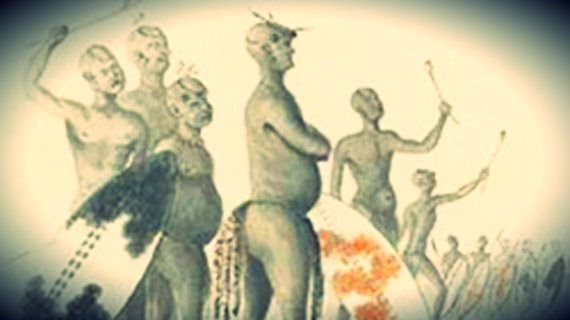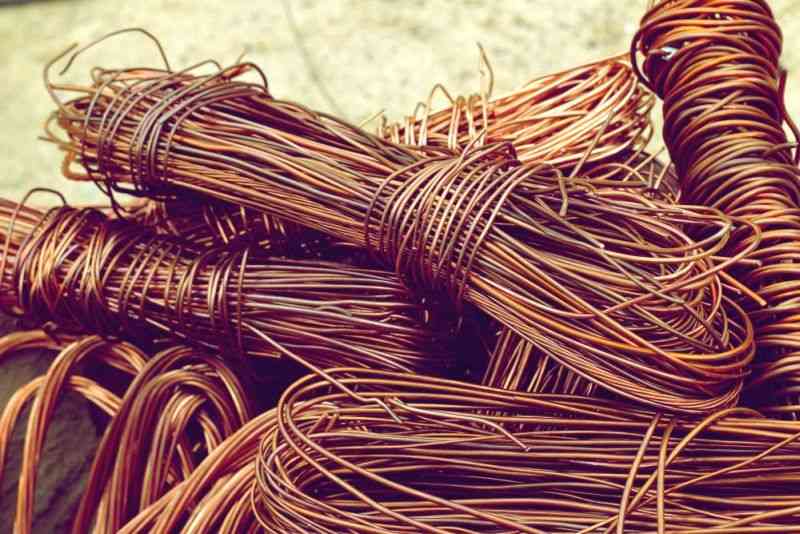
PREPARATIONS to commemorate the 146th anniversary since the death of the Ndebele nation’s King Mzilikazi Khumalo set for the Mhlahlandlela Memorial site about 22km south of Bulawayo along the Old Gwanda Road, are said to be at an advance stage.
SILAS NKALA STAFF REPORTER
Mzilikazi died on or about September 9 1868 and was buried at the Matopo Hills.
Mthwakazi kaMzilikazi Cultural Association spokesperson Rodger Vuthuka Mthethwa said the commemorations were scheduled for September 13.
A delegation of traditional leaders from South Africa’s KwaZulu Natal province are expected to attend the event.
Mthethwa said the event was not a gathering for the Khumalos or any political formation, but for all people.
“Organising and managing this event has a lot of challenges and in the process we encounter many problems such as financial resources, misconceptions of being labelled a Khumalo event and a political front for unnamed political parties,” he said.
“We are none of this as some senior government officials, including serving and past ministers, will attend in their individual capacities.
- Chamisa under fire over US$120K donation
- Mavhunga puts DeMbare into Chibuku quarterfinals
- Pension funds bet on Cabora Bassa oilfields
- Councils defy govt fire tender directive
Keep Reading
“We acknowledge their presence and never give them any platform to talk.”
Mthethwa said transport would be available from the City Hall car park at a nominal fee for those that want to attend the event while senior citizens would be ferried to the venue for free.
“Mzilikazi was a man of great vision and had a lot of determination in leaving his native Zululand with a handful of fellow Khumalos and other sympathisers in the 1820s to start a nation of his own,” he said.
“There is a general misconception that this is a Khumalo event, but Mzilikazi did not take his kinsmen only when he left. He came with several other people commonly referred to as abeZansi.”
Mthethwa said there was a misconception that Mzilikazi came to present-day Zimbabwe because he was running away from King Shaka Zulu.
“The truth of the matter is that it is difficult to keep two bulls in one kraal and he simply left to establish his own dominion elsewhere,” he said.
“He settled for a while in the Transvaal (present day Gauteng to the north of Pretoria) before moving further north and across the Limpopo River.
“He found some sympathisers whom he incorporated into the original group and these are generally referred to as abeNhla and surnames such as Mahlangu, Mabhena and Sikhosana come to mind, just to mention a few.”
Mthethwa said Mzilikazi incorporated the tribes he found in this country under Mambo into one nation of uMthwakazi.
He said Mzilikazi treated his subjects with dignity and never interfered with their traditional practices. “The case in point is the Njelele shrine which has remained under the control of locals from time immemorial,” Mthethwa said.
“Regrettably, we have in the past few years seen some strange things taking place there mainly from some misguided elements in our society who lack Mzilikazi’s vision and wisdom as a national builder. The shrine has an important role in rain making.”
Njelele has been invaded more than four times by war veterans who conducted rituals and cleansing ceremonies without seeking permission from local chiefs.
More than 700 war veterans descended on the Njelele shrine in the Matobo district in Matabeleland South for a “cleansing ceremony” in April 2011 leaving villagers shocked.
Among the war veterans were some spirit mediums and chiefs from Mashonaland.
“The Ndebele language spoken in this region has its origins from Zulu. It may be under threat in Zimbabwe, but it will not die,” Mthethwa said.
“Its threats are due to the deployment of non-Ndebele speaking teachers and other civil servants who insist on speaking their languages.
“Unfortunately his (Mzilikazi) contemporaries Sotshangane and Zwangendaba lost the language in the process.
“The Sotshangane people can be found around Chipinge and Mozambique whereas those of Zwangendaba are now referred to as the Ngonis and are mainly found in Malawi and Tanzania.”
He said Mzilikazi stood head over shoulders as he established his nation which still celebrates him.










